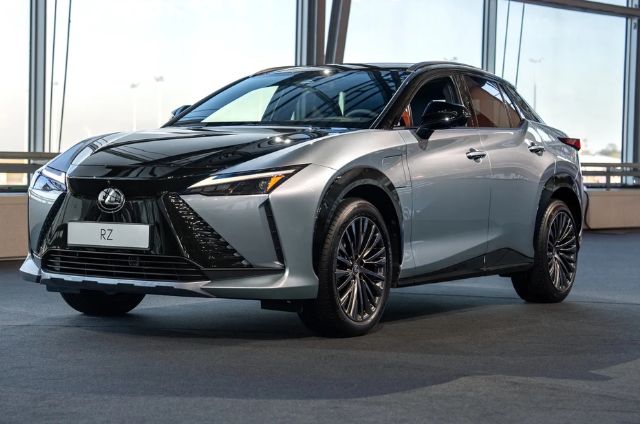EVs have been at the center of many debates, with rumors flying from fears of short battery lifespans to concerns about environmental impact. Perhaps the most prevalent myth is that electric vehicle batteries degrade quickly, making used electric cars nearly impossible to sell. Such claims, very often informed by misinformation, have created widespread misconceptions about the real-world longevity of electric car batteries. But a new study from management consultancy P3 clears up these misunderstandings by using actual, data-driven insights to refute these rumors and soothe concerns over EV battery health.
What Study Is This?
The P3 study, which analyzed real-world data from more than 7,000 electric vehicles, gives a more accurate picture of how EV batteries degrade than earlier academic models. Unlike earlier studies that relied on laboratory conditions, P3 focused on real data from electric cars on the road, including external factors such as driving behavior, charging patterns, and environmental influences. This allows a more comprehensive understanding of how the batteries age.
The study looked at vehicles driven well over 300,000 km—almost 200,000 miles—and found that, in fact, the loss of battery health is quite a bit slower than most people believe. Although some initial degradation in the first 30,000 kilometers (20,000 miles) can be noticeable, the drop from 100% to around 95% slows down considerably thereafter. By the time a vehicle reaches 100,000 kilometers (60,000 miles), the average state of health of the battery is about 90% and remains relatively flat from there, with slight decreases between 200,000 to 300,000 kilometers (120,000 to 180,000 miles).
So, Will They Last Longer?

One of the most important things the study uncovers is that driving and charging habits play a big role in how fast an EV’s battery degrades. High-current situations, such as DC fast charging, heavy acceleration, or driving at high speeds, especially in extreme temperatures, could stress the battery and quicken aging. On the other hand, gentle driving and slow charging will allow the battery to live a longer life. Furthermore, manufacturers use software updates that manage battery control to optimize the charging behavior and reduce stress on the cells.
The study also found that many batteries maintain their capacity far longer than originally anticipated. While battery failure still occurs in rare cases, it is typically due to specific usage patterns or production errors, and most batteries last well beyond the typical 8-year or 160,000-kilometer warranty.
The results of this study have significant implications for current and future EV owners. Contrary to popular belief, the longevity of EV batteries does not pose the significant threat to resale value that many had feared. Batteries are expected to last much longer than the warranties that come with them, and even when they reach the end of their first life, they still hold value for second-life applications, such as energy storage.
The findings of the P3 study bring much-needed clarity to the ongoing debate surrounding electric cars and their batteries. Yes, there is still some variability in the rate of battery degradation based on use patterns, but the overall message is pretty clear: EV batteries last longer than anticipated, their lifespan being equal to, or even outperforming, conventional car batteries. In other words, with better information to back up these claims, electric car battery life myths are increasingly debunked, while it will enable consumers to make better decisions about going electric.


